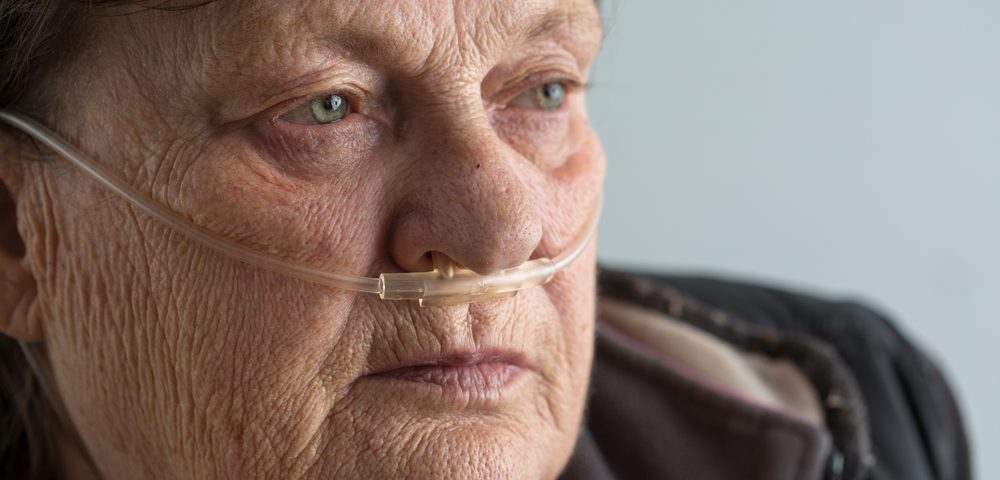Depression and anxiety significantly influence the quality of life of people with idiopathic pulmonary fibrosis, although not their hospitalization or death rates, a study found.
IPF patients are susceptible to depression and anxiety because it is a chronic disease with no cure. Until this study, no research had dealt with how depression and anxiety might affect disease outcomes.
Korean researchers decided to look at depression and anxiety’s impact on patients’ quality of life, hospitalization and mortality. Their article, “Clinical impact of depression and anxiety in patients with idiopathic pulmonary fibrosis,” was published in the journal Plos One,
The study involved 112 interstitial lung disease patients treated at Seoul National University Bundang Hospital and Seoul National University Hospital between January 2012 and March 2015. The median age of the group was 72 years. Researchers followed the patients for a median of 23.6 months.
They assessed depression and anxiety with the hospital anxiety and depression scale, or HADS.
Twenty-six percent of the patients had symptoms of depression and 21 percent symptoms of anxiety. Researchers found no connection between gender, age, smoking status, and pulmonary function test results on the one hand and the prevalence of depression or anxiety on the other.
But patients with depression or anxiety were more likely to have poorer health outcomes as assessed by the St George’s Respiratory Questionnaire, or SGRQ. Researchers use this self-report tool to assess various factors’ impact on the overall health, daily life, and perceived well-being of patients with an obstructive airway disease.
Although a higher prevalence of depression and anxiety in IPF patients was associated with a reduction in health outcomes and a poorer quality of life, they did not have a significant effect on hospitalization and survival rates.
The team suggested that this might be due to the relatively short patient follow-up period of 23.6 months. This period is just shy of two years, shorter than IPF patients’ expected median survival time of 2.5 to 3.5 years.
Researchers did not assess the effect of managing depression or anxiety on IPF patients’ quality of life, although previous studies have shown that pulmonary rehabilitation programs significantly improve their quality of life.
The team concluded that “as depression and anxiety were highly prevalent and influenced QOL [quality of life] in patients of the present study, the accumulated evidence indicates that patients with IPF are likely to benefit from cognitive behavioral therapy and counseling by qualified healthcare professionals.”

